The Plan for Pitt: Build Foundational Strength
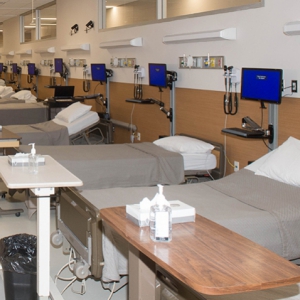
Wednesday, September 13, 2017
New labs; new homes for centers, departments and clinics; and updated classrooms and infrastructure are some of the campus improvements that greeted staff, faculty and students this term.

Wednesday, September 13, 2017
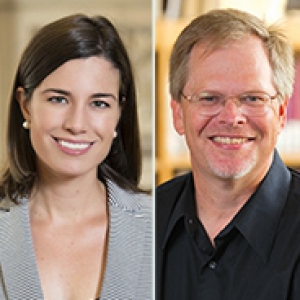
Thursday, September 7, 2017
With the addition of two experts in the fields of law and technology, Pitt’s Institute for Cyber Law, Policy, and Security continues to make progress toward its institutional goals.
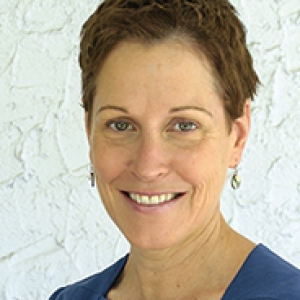
Wednesday, September 6, 2017
The role — which is new to both institutions — will see Davitt directing institutional advancement for the University and leading the Medical and Health Sciences Foundation, which raises funds for all of Pitt’s Schools of the Health Sciences and UPMC.
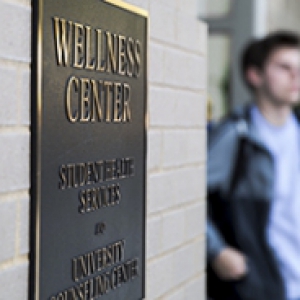
Wednesday, August 30, 2017
A new health care model designed to provide students with the services they need more efficiently and at a deeper, more holistic level focuses not only on physical well-being, but also on mental and emotional health — and how the three interconnect.
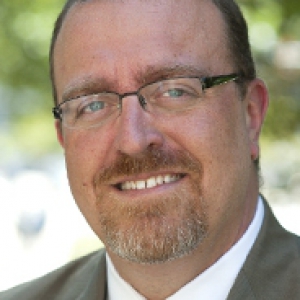
Friday, August 25, 2017
After 13 years at Pitt, Marc Malandro is heading to Palo Alto, California, to join the Chan Zuckerberg Initiative (CZI) as vice president of operations for CZI Science. But he's not leaving Pitt behind.
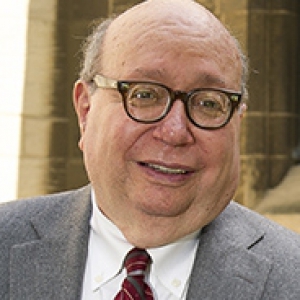
Friday, July 28, 2017
Richard Rauh (A&S '62, '64G) said some of his warmest memories are of his time at Pitt and in and around the theater. His $1 million gift will support University theater productions and the newly renamed Richard E. Rauh Studio Theatre.
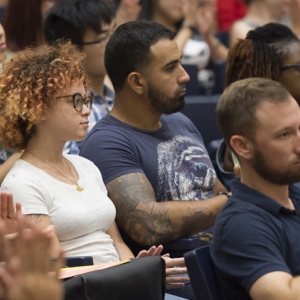
Thursday, July 20, 2017
A survey of graduate and professional students from all 14 schools shows a desire to be more connected and involved with the University.
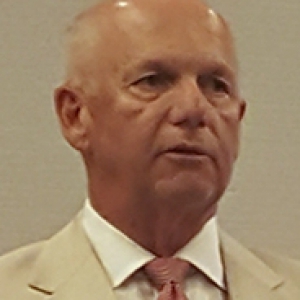
Thursday, July 20, 2017
Large campuses and companies use a variety of techniques to safeguard research archives and computing grids. But for smaller colleges and organizations without the staff or budget to protect against cyber threats, learning what expertise and resources are available is key.
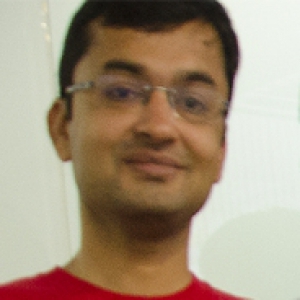
Friday, July 14, 2017
Pitt's Center for Research Computing is one of the first places in the country to access Intel's powerful new computing systems, allowing research of larger, more complex problems.

